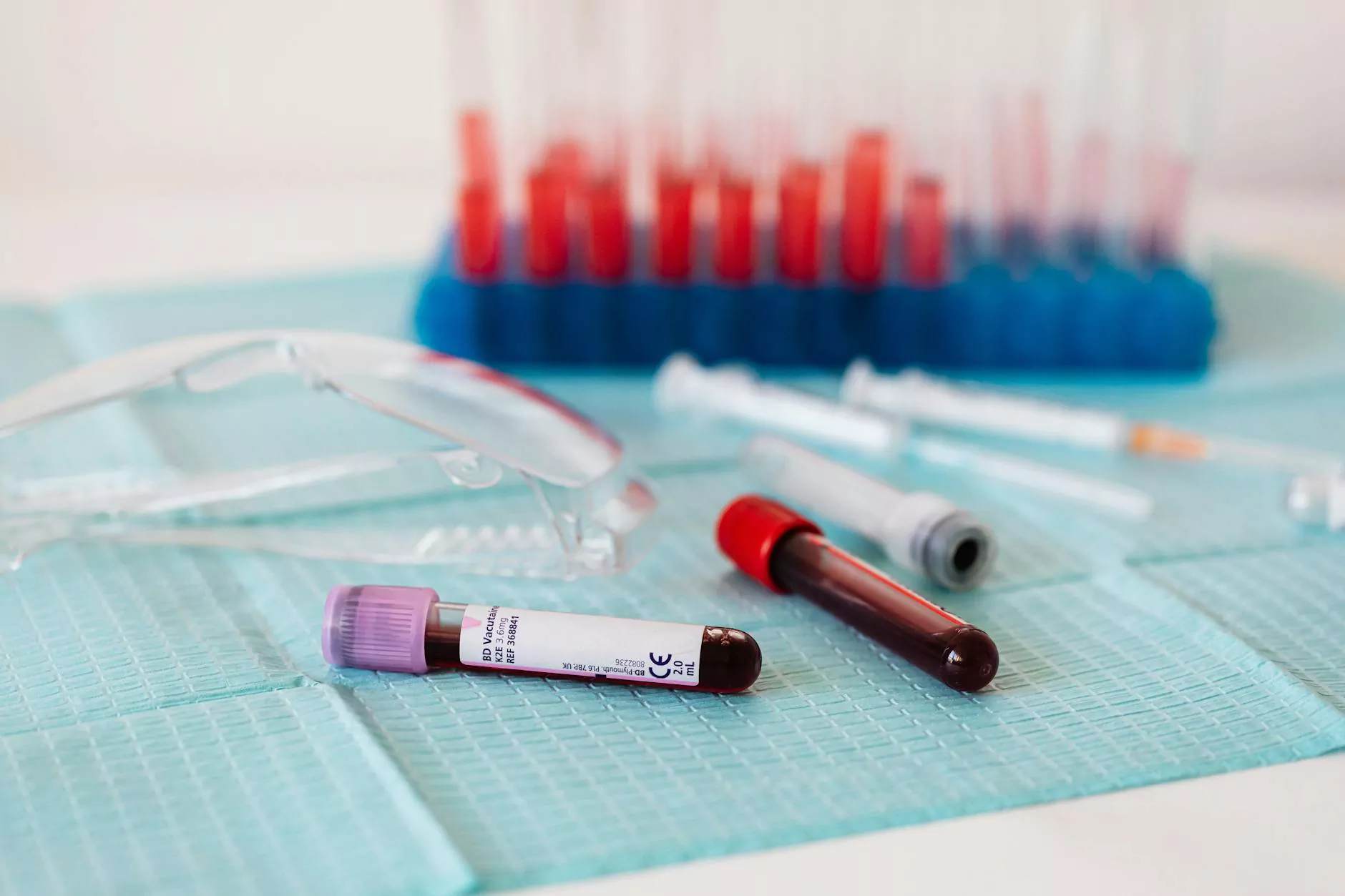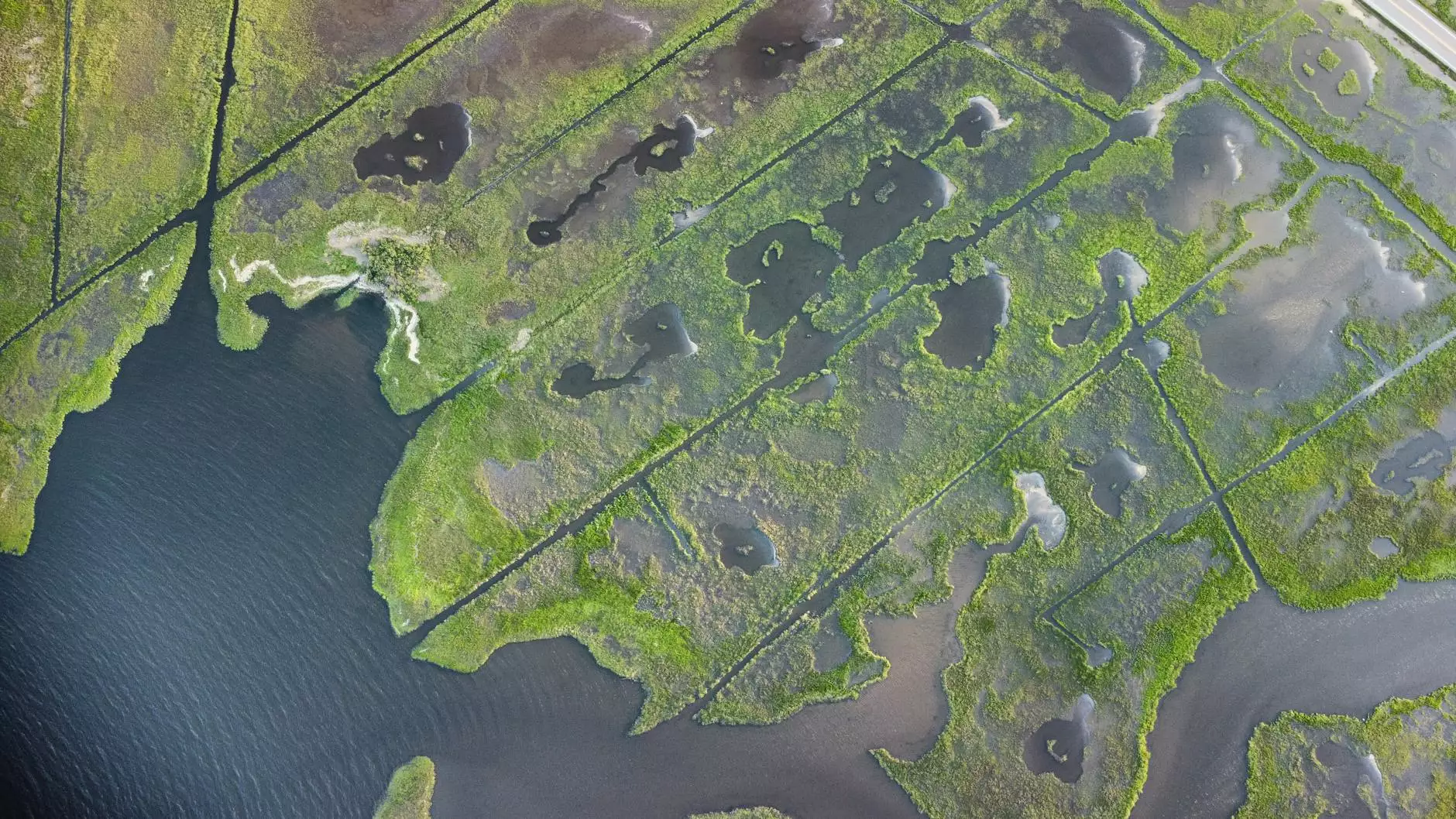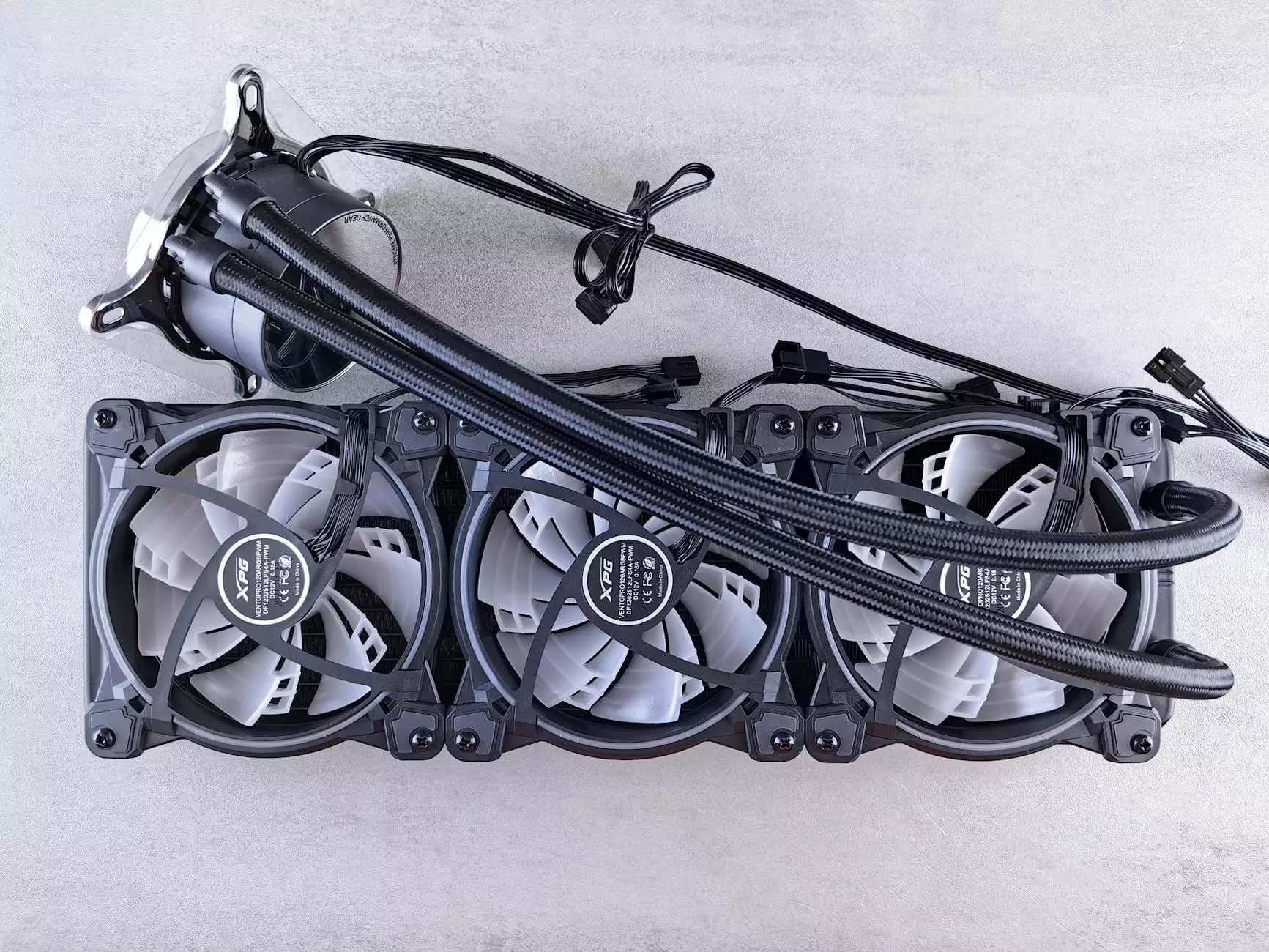Lab Space for Rent: Optimize Your Research Facilities

Finding the right lab space for rent can be a game-changer for startups, established researchers, and innovative health businesses alike. Whether you are delving into groundbreaking medical research, alternative medicine, or laboratory testing, having a functional and accessible space is crucial. In this article, we will explore the various benefits of renting lab space, key considerations, and what facilities to look for to elevate your activities in the health and medical sector.
The Importance of Lab Space for Rent
In today's rapidly evolving scientific environment, the availability of quality laboratory space can significantly impact research and development projects. Here are several reasons why renting lab space is a viable option:
- Cost-Effectiveness: Setting up a laboratory from scratch can be financially overwhelming. Renting a space allows you to allocate your budget towards essential research and development without the burden of long-term commitments.
- Flexibility: Renting provides flexibility for businesses at various stages. Whether you're a startup testing a new concept or an established entity expanding operations, lab rentals cater to your needs.
- Access to State-of-the-Art Equipment: Many rental spaces come fully equipped with the latest technologies and facilities, which may not be affordable to buy outright.
- Time Savings: Setting up a laboratory can take time. Renting allows you to start your work almost immediately, accelerating your research timeline.
Finding the Right Lab Space for Your Needs
When searching for lab space for rent, it is essential to consider the specific needs of your research or business operation. Here are some key factors to evaluate:
Location
The location of your laboratory can affect everything from supply chain logistics to recruiting top talent. Consider proximity to:
- Educational Institutions: Being close to universities and research institutions can foster collaborations and provide talent pools.
- Healthcare Facilities: If your research pertains to medical applications, proximity to hospitals can enhance partnerships and practical trials.
- Transport Links: Easy access to transport facilitates the movement of materials and personnel, making operations smoother.
Facilities and Equipment
Different types of research require different types of facilities:
- Wet Labs: Ideal for biology-related research, these labs offer water and drainage facilities.
- Dry Labs: Preferred for computational work or tasks that do not entail wet work.
- Storage Facilities: Ensure there is adequate space for chemical storage, including refrigerators for sensitive samples.
- Safety Features: Include considerations for fume hoods, safety showers, and emergency equipment.
Lease Terms and Costs
Understanding the financial implications is crucial:
- Lease Duration: Determine if the lease allows flexibility for short or long-term engagement based on your project's timeline.
- Inclusions: Clarify what utilities, maintenance, and services are included in the rental agreement to avoid unexpected costs.
- Additional Fees: Be aware of any additional fees for equipment usage, facility maintenance, or utilities to accurately assess your budget.
The Future of Lab Spaces in Health and Medicine
As technology and medical research continue to advance, the demand for flexible and specialized lab space for rent is expected to grow. This trend is shaped by several factors:
Emerging Technologies
The integration of technologies such as AI and machine learning into medical research requires adaptable laboratory environments that can accommodate rapid changes in research focus.
Collaborative Research Models
Many health and medical advancements now rely on collaborative research models. Renting lab space can help foster these ventures through shared facilities that encourage interdisciplinary approaches.
Regulatory Compliance
As regulations continue to evolve in the health and medical fields, renting can provide a faster route to compliance. Many lab rental spaces are already equipped with the necessary certifications and regulatory compliance, allowing you to focus on your research without additional bureaucratic hurdles.
Successful Strategies for Leasing Laboratory Space
Understanding how to successfully lease lab space can dramatically enhance your research endeavors. Here are a few strategies:
Networking and Connections
Building a network in the health and medical community is essential. Attend industry conferences, workshops, and local meetups to connect with other researchers. Use these opportunities to discover available rental spaces or recommended facilities.
Evaluating Potential Spaces
Once you identify potential lab space for rent, request a tour to evaluate the condition of the facilities, equipment, and safety features. Engage in discussions with current tenants about their experiences to gain insights.
Customized Contracts
Negotiate lease agreements that reflect your specific needs. This includes considerations for visitor access, extended hours, and the ability to make modifications or improvements to the facility.
Cultivating a Productive Research Environment
Beyond finding the right rental, cultivating a productive environment within the lab is paramount. Here are a few tips:
Effective Communication
Foster open lines of communication among your team. Regular meetings can help to share findings, brainstorm solutions, and maintain momentum in research projects.
Optimal Lab Layout
Ensure the lab layout promotes efficiency. Organize equipment and supplies logically to minimize disruption and to promote a seamless workflow.
Continuous Training and Development
Invest in ongoing training and development for your team. Keeping your staff up to date with the latest techniques and safety protocols will enhance productivity and innovation.
Challenges in Finding Lab Space for Rent
While renting lab space has many benefits, there are challenges to be aware of:
Competition for Space
With rising interest in health and medical research, competition for quality lab space can be intense. Being proactive and starting your search early can help you secure the best options.
Understanding Legalities
Make sure to understand the legal implications of renting lab space, including liability coverage, compliance with health regulations, and lease obligations.
Future-Proofing Your Lab
As your research develops, your lab needs may change. Ensure that the space you rent has room for expansion or modification to accommodate evolving demands.
Conclusion: Your Next Steps in Renting Lab Space
In conclusion, the right lab space for rent can significantly enhance your business in the health and medical sector, facilitating innovation and growth. By considering location, evaluating facilities, understanding lease agreements, and fostering a collaborative environment, you can maximize the benefits of renting lab space.
Ready to explore your options? Visit bioinc.org for more information on lab space and how our facilities can meet your research needs!









